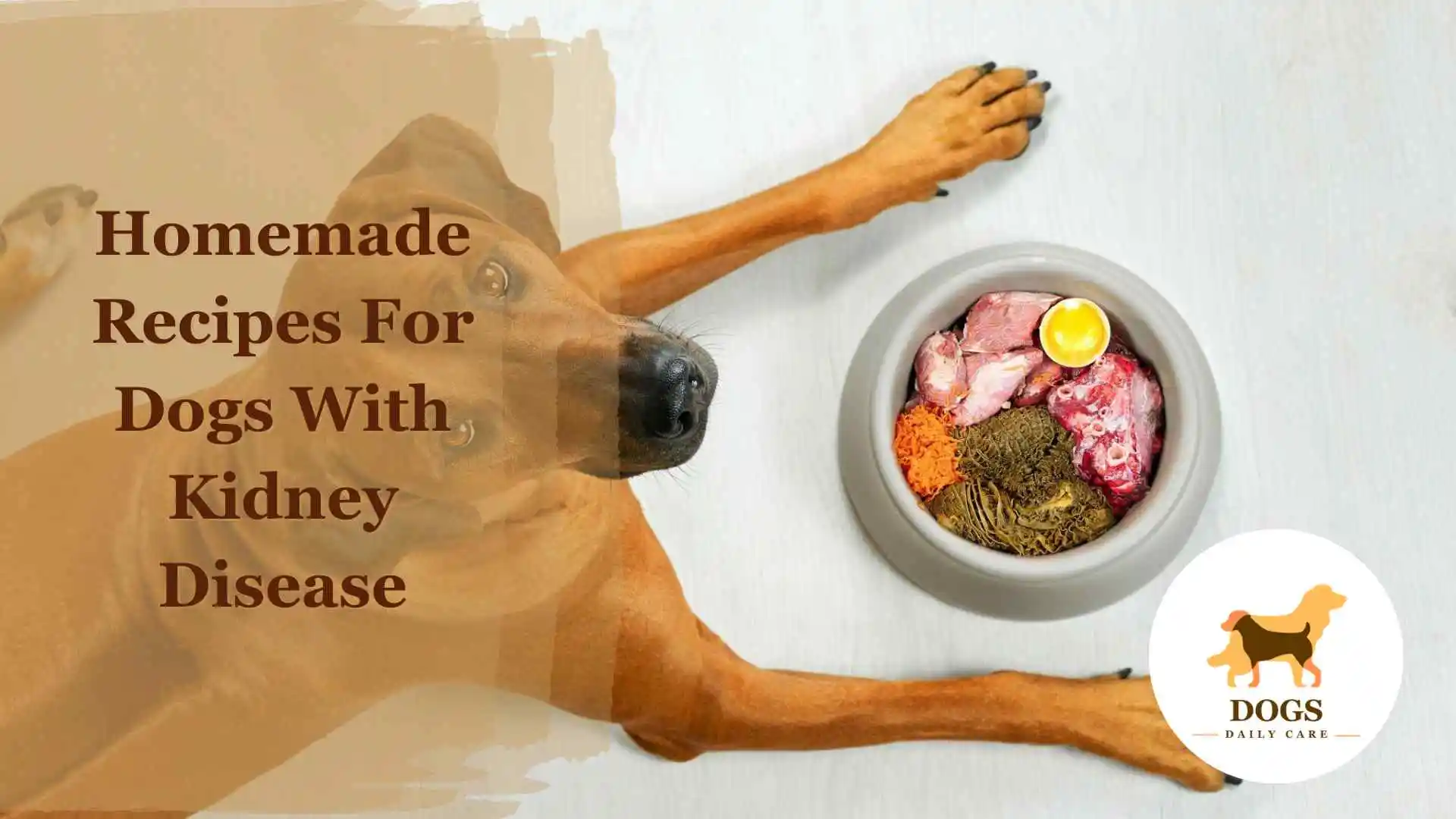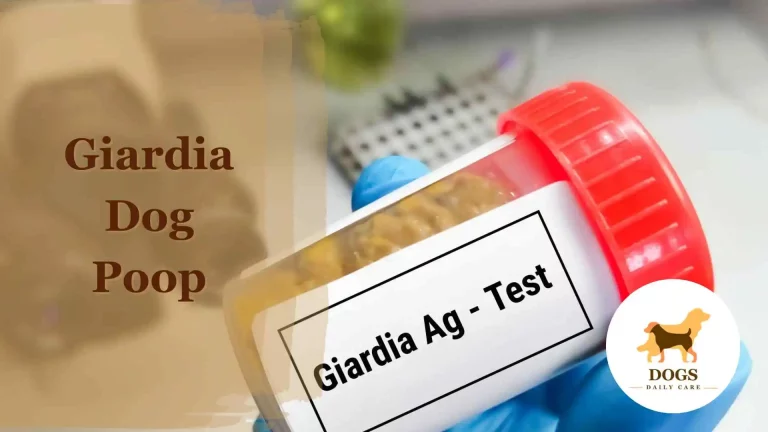Best Homemade Recipes For Dogs With Kidney Disease
Kidney disease in dogs is a daunting diagnosis that many pet parents face. This condition affects a dog’s ability to filter waste products from the blood, which can lead to a host of health problems. The importance of a specialized diet cannot be stressed enough in managing kidney disease and ensuring your furry friend leads a comfortable and happy life despite the diagnosis. Through a well-managed diet, it’s possible to slow the progression of kidney disease and significantly enhance the quality of life of your beloved pet.
The allure of homemade dog food recipes stems from the control and quality of ingredients that go into every meal. Preparing meals at home allows dog owners to cater to the specific nutritional needs of their pets with kidney disease, providing a low phosphorus, high-quality protein diet that’s crucial for managing this condition. Moreover, homemade meals are free from preservatives and artificial additives commonly found in commercial dog foods, which can be harsh on a dog’s already weakened kidneys. These meals can be tailored to the palate of your pup, making mealtime something to look forward to.
Consulting a veterinarian is the first and crucial step before making any dietary changes for your dog. A vet can provide invaluable advice on the nutritional requirements and the right balance of proteins, fats, and carbohydrates to include in the homemade meals. They may also offer recommendations on supplements to ensure your dog is receiving all the necessary nutrients. Embracing a homemade diet for your dog with kidney disease, under veterinary guidance, can be a step towards providing loving, nurturing, and health-focused care for your fur baby.
Benefits of Homemade Dog Food for Kidney Disease

Embarking on the homemade food journey for your dog with kidney disease can be a rewarding endeavor. The primary advantage lies in the control over the ingredients used, ensuring they align with the dietary restrictions necessary for managing kidney disease in dogs. Unlike commercial dog food, which often contains high levels of phosphorus and other minerals detrimental to a dog with kidney ailments, homemade meals can be tailored to meet the low phosphorus and high-quality protein guidelines suggested by veterinarians. This level of customization is paramount in alleviating the symptoms associated with kidney disease and promoting a better quality of life for your furry companion.
Moreover, homemade dog food allows for the exclusion of harmful additives, preservatives, and fillers often found in store-bought dog food. The absence of these harmful elements means every bite is packed with wholesome nutrition, aiding in the gentle management of your dog’s kidney disease. Furthermore, the ability to use fresh, wholesome, and natural ingredients contributes to the overall health and wellbeing of your dog, extending beyond just managing kidney disease. It’s a holistic approach that many dog parents find comforting and highly rewarding. Further, it’s also important to know some of the best non-prescription dog food for curing kidney diseases.
The cost-effectiveness of homemade dog food is another notable benefit. While the initial switch may require some investment in quality ingredients and perhaps a consultation with a veterinary nutritionist, the long-term cost often proves to be lower compared to purchasing specialized commercial dog food. Plus, the priceless peace of mind knowing exactly what your dog is consuming, and the joy of preparing nourishing meals for your beloved pet, makes the homemade dog food route an appealing choice for many. This transition not only embodies a health-centric decision but also fosters a deeper bond between you and your dog, as you actively contribute to their improved health and happiness.
Key Ingredients for Dogs with Kidney Disease
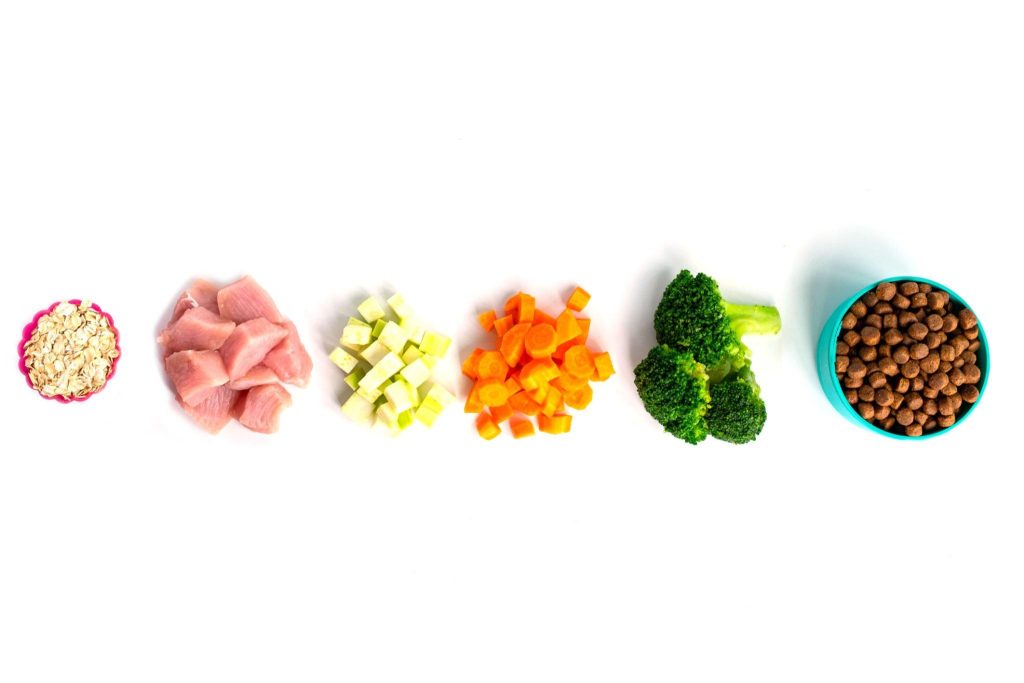
When it comes to managing kidney disease in dogs, the significance of a well-balanced diet cannot be overstated. The right ingredients can substantially aid in slowing down the progression of the disease, providing a better quality of life for your furry family member. Central to a kidney-friendly diet are low phosphorus and high-quality protein ingredients. Phosphorus, when not properly filtered out by the kidneys, can further deteriorate kidney function, making its restriction crucial in a renal-friendly diet.
High-quality protein is another cornerstone of a kidney-friendly homemade dog food regime. Unlike lower-quality proteins, high-quality proteins provide the essential amino acids your dog needs without overloading their system with excess phosphorus. Some excellent sources of high-quality protein include lean meats like chicken, turkey, and rabbit. It’s also beneficial to incorporate egg whites and small amounts of liver for a well-rounded protein profile in the diet. These proteins are not only nutritious but also highly palatable, making mealtime an enjoyable experience for your pooch.
Beyond proteins, other beneficial ingredients include non-phosphorus or low-phosphorus vegetables and grains. Vegetables such as zucchini, green beans, and red bell peppers can be included, as they are low in phosphorus. When it comes to grains, opting for rice or oats can be a good choice as they are gentle on the kidneys and easy to digest. With these key ingredients in mind, crafting homemade meals that cater to the dietary needs of a dog with kidney disease becomes a much more straightforward and rewarding endeavor. Each meal prepared with love and understanding of kidney-friendly nutrition is a step towards a healthier and happier dog.
Top 5 Homemade Dog Food Recipes
Crafting homemade meals for your dog can be a delightful venture, especially when you witness the health benefits unfold. These recipes are designed with kidney disease in mind, boasting low phosphorus and high-quality protein ingredients. Each recipe provides a nutritious, tasty meal your dog will surely love, while adhering to the dietary guidelines for managing kidney disease.
1. High-Protein Beef Stew
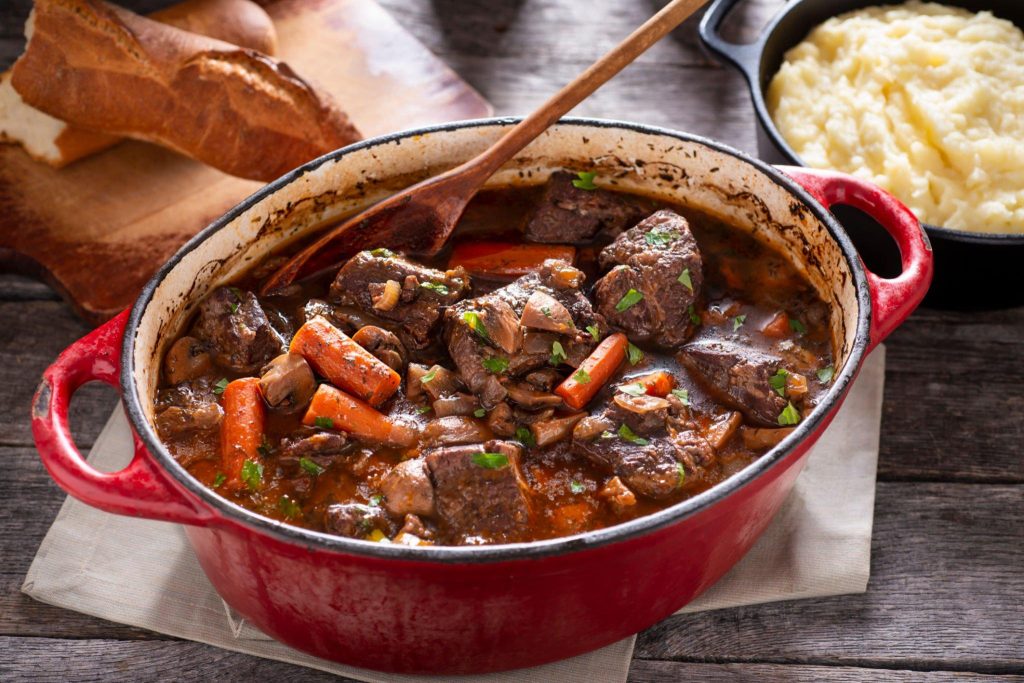
Ingredients: Lean ground beef, chopped carrots, green beans, and a small amount of olive oil.
Instructions: Cook the ground beef thoroughly in olive oil, ensuring it’s well-cooked to eliminate any potential bacteria. Add the chopped vegetables and simmer until they are tender. Allow to cool before serving.
2. Renal-Friendly Chicken and Pumpkin Stew

Ingredients: Boneless chicken breast, pumpkin puree, a hint of olive oil, and a sprinkle of turmeric for anti-inflammatory benefits.
Instructions: Cook the chicken breast in olive oil until well done. Mix in pumpkin puree and turmeric, and simmer for a few minutes. Allow to cool before serving.
3. Low-Phosphorus Lamb and Green Bean Mix
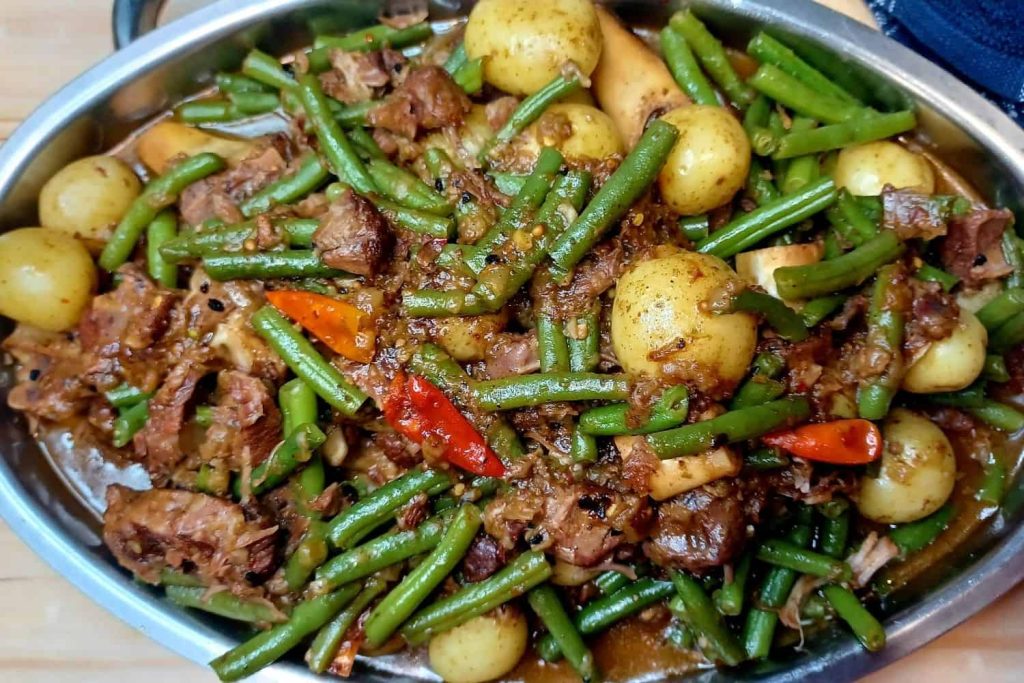
Ingredients: Lean lamb meat, green beans, and a small amount of rice.
Instructions: Cook the lamb thoroughly before adding green beans and rice. Simmer until all ingredients are tender and well-cooked. Allow to cool before serving.
4. Kidney-Care Turkey and Vegetable Dinner
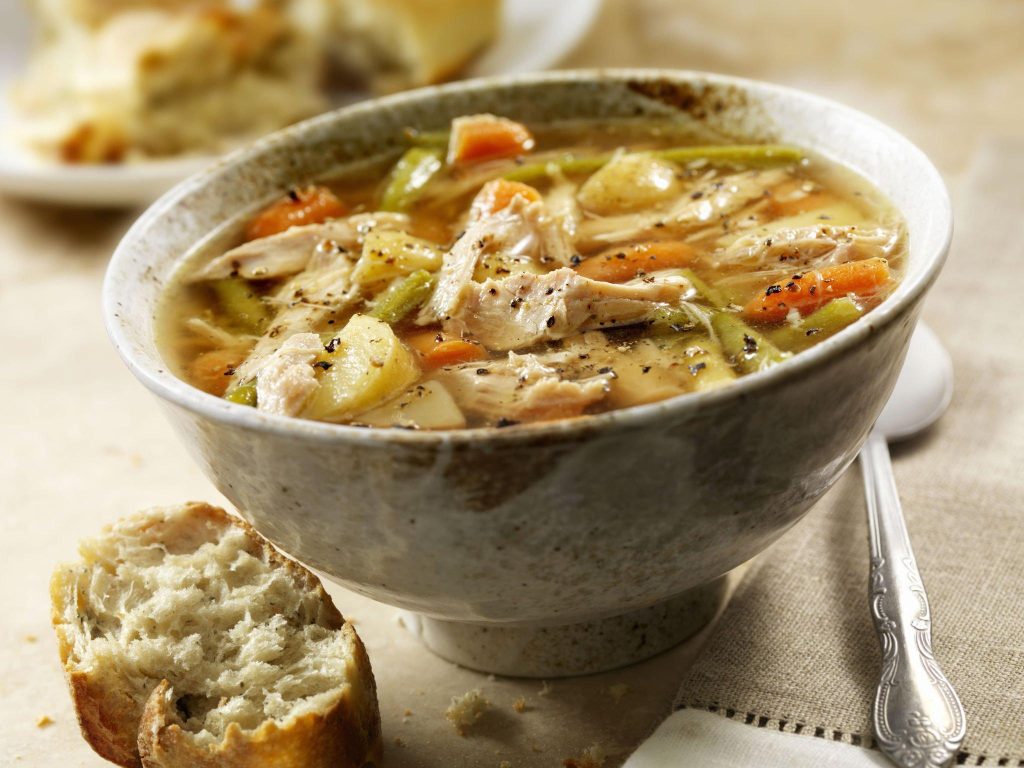
Ingredients: Ground turkey, chopped zucchini, and red bell peppers.
Instructions: Cook the ground turkey thoroughly, then add the chopped vegetables and simmer until tender. Allow to cool before serving.
5. Hearty Fish and Carrot Casserole
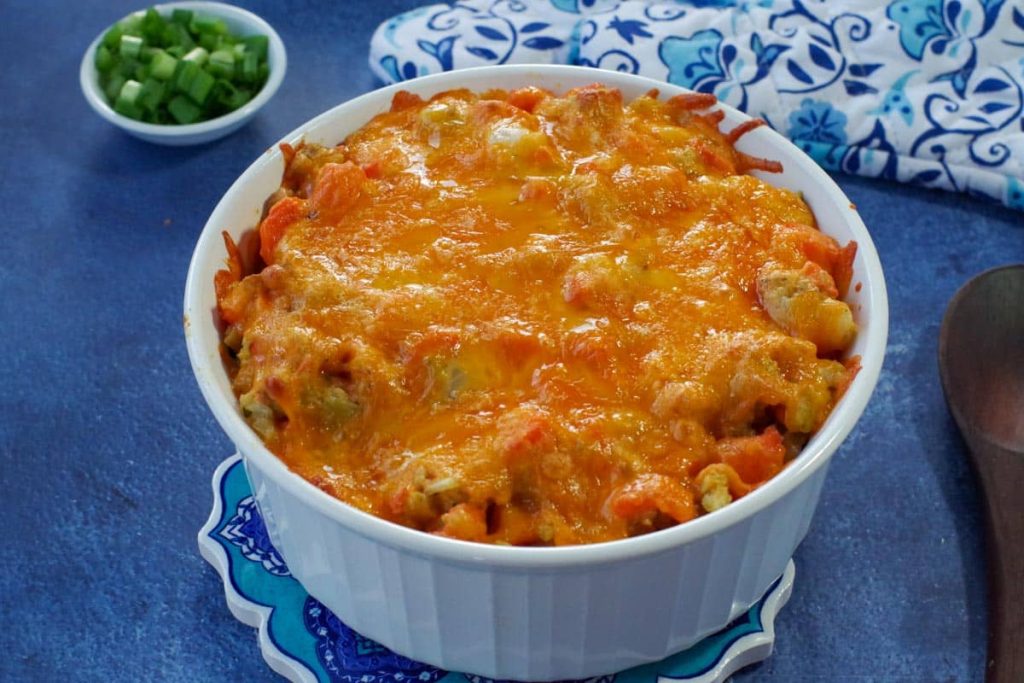
Ingredients: White fish fillets (like cod or haddock), chopped carrots, and a small amount of olive oil.
Instructions: Cook the fish fillets in olive oil, then add the chopped carrots and simmer until tender. Allow to cool before serving.
These homemade recipes are simple yet nourishing, addressing the unique dietary needs of dogs with kidney disease. Preparing homemade meals also fosters a deeper bond between you and your furry friend, as you cater to their health and happiness through nutritious, tailored meals. Be sure to consult with your veterinarian to ensure these recipes align with your dog’s specific dietary requirements, and consider incorporating recommended supplements to meet all nutritional needs.
Monitoring Your Dog’s Health
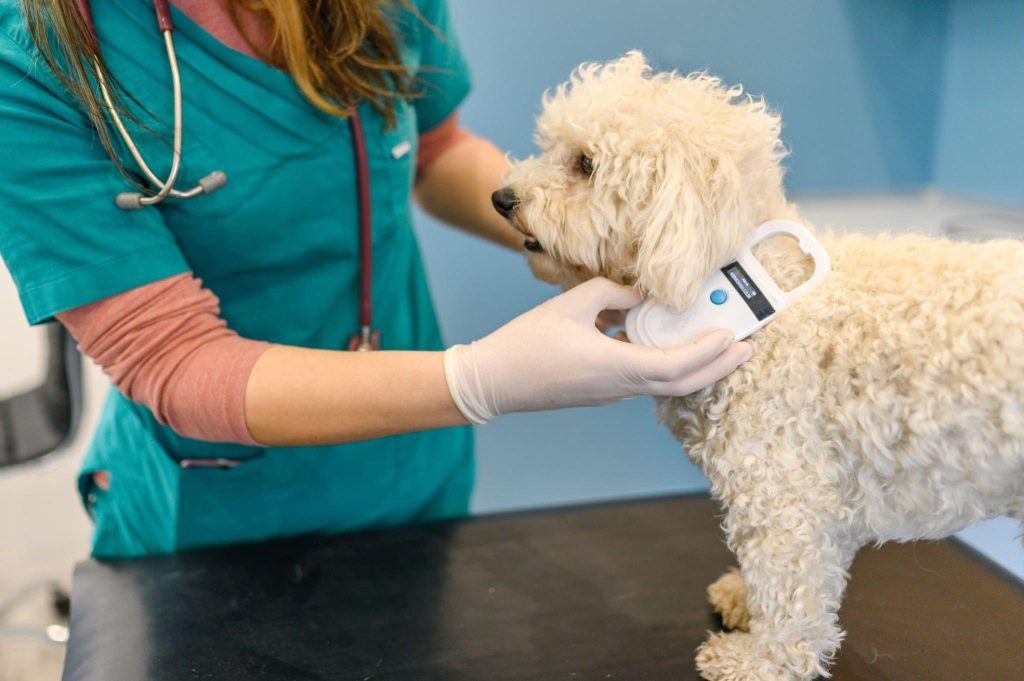
Vigilantly monitoring your dog’s health is pivotal in managing kidney disease and adjusting the dietary plan as needed. Observing how your dog responds to the homemade diet, and keeping track of symptoms can provide invaluable insights into their well-being and the effectiveness of the diet in managing kidney disease.
One effective way to monitor your dog’s health is by maintaining a food and symptom diary. Document the meals provided, any supplements given, and jot down observations on your dog’s energy levels, appetite, and any other symptoms noticed. For instance, are they drinking more or less water? Are they urinating more or less frequently? Such observations can serve as a crucial tool in understanding how the homemade diet is impacting your dog’s kidney disease and overall health.
Regular veterinary check-ups are indispensable in the effective management of kidney disease in dogs. Your vet can perform necessary tests to gauge the progression of the disease and advise on any dietary adjustments needed. It’s also an opportunity to discuss the observations recorded in your diary and obtain professional insights. Engaging in a collaborative effort with your vet ensures that your dog receives the best care possible, tailored to their evolving needs as they navigate life with kidney disease. Sharing your journey and findings with the online community through your blog can also provide support and valuable information to others facing similar challenges, creating a supportive network for dog parents.
Frequently Asked Questions (FAQs)
1. What constitutes high-quality protein for dogs with kidney disease?
High-quality protein sources for dogs with kidney disease are those that are easily digestible and provide essential amino acids without overburdening the kidneys. Common sources include lean meats like chicken, turkey, and rabbit, as well as egg whites.
2. How can I transition my dog to a homemade diet safely?
Transitioning to a homemade diet should be a gradual process to allow your dog’s digestive system to adjust. Start by mixing a small portion of the homemade food with their current food, gradually increasing the homemade food portion over a week or two. It’s also vital to consult with your vet before making any dietary changes.
3. Are there any supplements recommended for dogs with kidney disease?
Yes, certain supplements can be beneficial for dogs with kidney disease, such as Omega-3 fatty acids and B vitamins. However, it’s crucial to consult with your veterinarian to determine the right supplements and dosage for your dog’s unique needs.
4. Can I use regular dog food recipes for my dog with kidney disease?
Regular dog food recipes may not meet the dietary restrictions necessary for managing kidney disease in dogs. It’s essential to follow recipes designed for kidney disease to ensure a low phosphorus, high-quality protein diet, and consult with a vet for tailored advice.
5. Is it more expensive to cook homemade meals for my dog?
The cost can vary, but homemade meals can often be more cost-effective in the long run compared to purchasing specialized commercial dog food. Moreover, homemade meals allow for better control over the quality and freshness of the ingredients, providing a nutritious and health-focused approach to managing your dog’s kidney disease.
Conclusion
As you navigate the journey of managing kidney disease in your furry companion, a homemade diet emerges as a highly viable and beneficial route. It not only allows for the customization of meals to meet the low phosphorus and high-quality protein dietary guidelines but also fosters a deeper connection between you and your dog.
The control over ingredients and the avoidance of harmful additives often found in commercial dog food make homemade meals a health-centric choice. With the right ingredients and a collaborative approach with your vet, you can significantly contribute to enhancing your dog’s quality of life.
Embarking on the homemade food venture may initially seem daunting, but with the plethora of kidney-friendly recipes and a supportive community of dog parents facing similar challenges, it becomes a much more attainable and rewarding endeavor. Keeping an eye on your dog’s health, making necessary adjustments, and maintaining regular veterinary check-ups are paramount in effectively managing kidney disease. By sharing your experiences and knowledge through your blog, you’re not only chronicling your journey but also providing invaluable insights to others in a similar situation. This collective sharing of information propels a community-driven approach to better manage kidney disease in dogs, making each step forward a stride towards a longer, happier life for our beloved pets.

